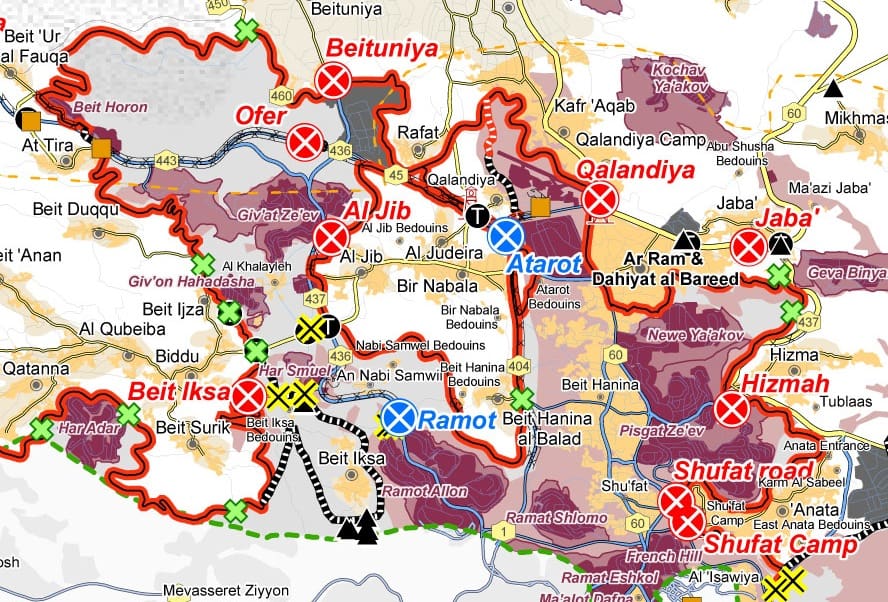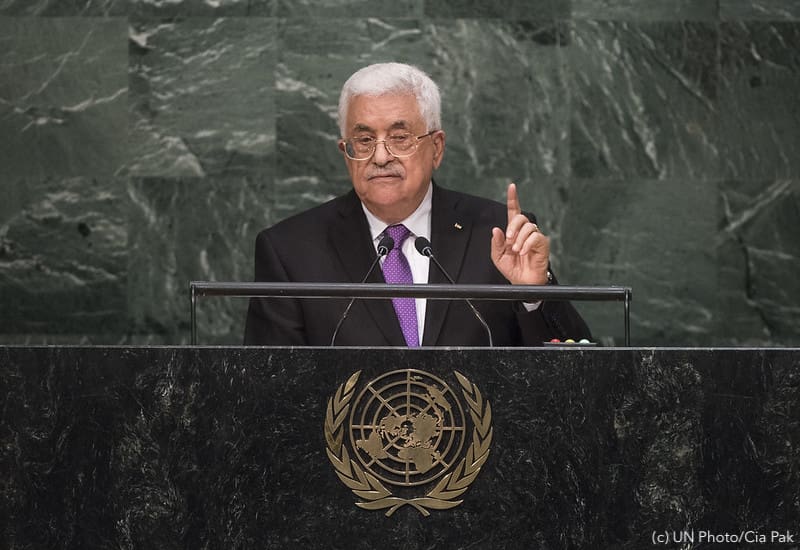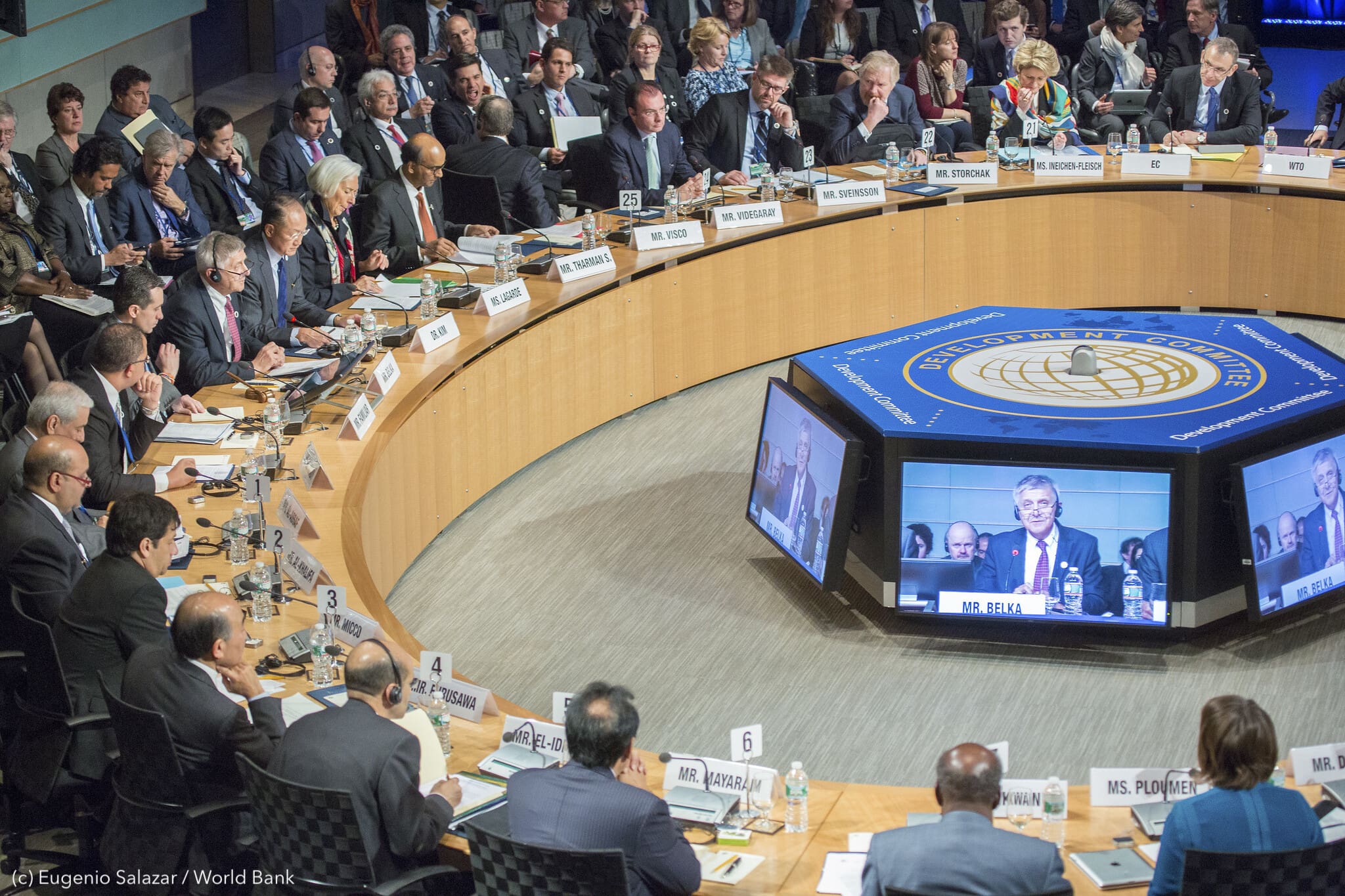Oslo’s Roots: Kissinger, the PLO, and the Peace Process

According to conventional wisdom, the PLO signed the Oslo Accords twenty years ago because it was almost bankrupt and feared an alternate leadership would emerge. But PLO Chairman Yasir Arafat sought to establish relations with the U.S. after the October 1973 War and offered significant concessions before ever reaching the negotiating table.
How Sovereign a State?

Will re-launched Israeli-Palestinian negotiations lead to a sovereign Palestinian state? In this brief, Al-Shabaka Policy Advisor Camille Mansour analyzes Israeli and Palestinian positions relating to key issues of sovereignty (i.e. armaments, alliances, crossings, borders, Israeli military posts). His conclusions – and warnings – are essential reading.
Decades of Displacing Palestinians: How Israel Does It

Israel is estimated to have forcibly displaced some 66% of the whole Palestinian population by 2011. Al-Shabaka Policy Advisor Munir Nuseibah identifies six different methods Israel uses on both sides of the Green Line and elaborates two: Personal status engineering and urban planning. He argues for a holistic approach to address the systematic nature of forced displacement, which is grounded in the very ethos of a state established to create and maintain a Jewish majority in all of historic Palestine.
Palestinian Civil Society: What Went Wrong?

Palestinians under Israeli occupation led the civil resistance that culminated in the First Intifada of the 1980s. By the mid-1990s, much of civil society was “NGO-ized” draining the Palestinian national movement of leadership. Al-Shabaka Policy Member Tariq Dana examines the shift in organizational agendas and tactics and recommends ways to reverse course.
Beyond South Africa: Understanding Israeli Apartheid

Israeli apartheid is often compared to South Africa’s but Al-Shabaka Policy Advisor Samer Abdelnour argues that it is a unique brand with specific characteristics. He identifies three inter-locking dimensions of Israeli apartheid – physical, architecture, and ideological – concluding that it is far more sophisticated than the South African brand and suggesting directions for thinking and action to successfully dismantle it.
“Who are You?”: The PLO and the Limits of Representation

Is the Palestine Liberation Organization still the “sole, legitimate representative of the Palestinian people”? In this thought provoking policy brief, Al-Shabaka policy advisor Osamah Khalil argues that attempts to reform the organization will not make it more representative or accountable, but will instead save a leadership that has lost its legitimacy. He asserts that a new representative body must be built in order to achieve Palestinian rights.
Unfreezing the Right of Return: First Stop, Gaza

For decades, Palestinian victims of Israel’s forced displacement policies in the Gaza Strip have been seeking redress. Al-Shabaka Policy Advisor Munir Nuseibah argues that the authorities in Gaza, Ramallah and Egypt have a legal obligation to immediately facilitate the return of those who want to do so, without in any way letting Israel off the hook. He describes how it can be done, and addresses the political and practical pitfalls.
Palestinians Imposing Agenda on Abbas

As Mahmoud Abbas heads to the United Nations to secure non-member state status for Palestine, he faces a strong and growing movement among Palestinian civil society activists within and outside the occupied Palestinian territory to reframe the Palestinian struggle as fighting against an apartheid Israeli regime and for inalienable Palestinian rights – and not for a state per se. Al-Shabaka Policy Advisor Leila Farsakh discusses Abbas’ attempts to placate this movement while retaining control of his political program.
Persistent Failure: World Bank Policies for the Occupied Palestinian Territories

The recent World Bank growth report frankly concludes that the Palestinian economy is fragile and dependent on foreign aid: No surprises there. Far more surprising – not to say shocking – are the Bank’s irrelevant and sometimes harmful recommendations, as Al-Shabaka Program Director Alaa Tartir and Guest Author Jeremy Wildeman reveal in this compelling analysis. The Bank’s prescriptions are all the more worrying given the influence it exercises over the donor community’s approach to Palestinian development.






